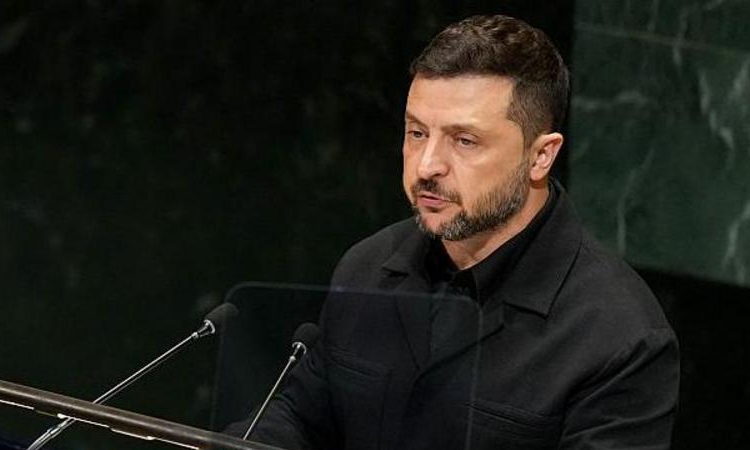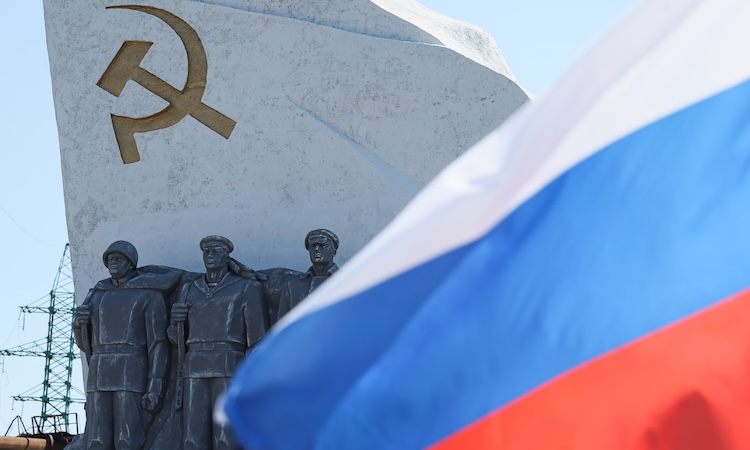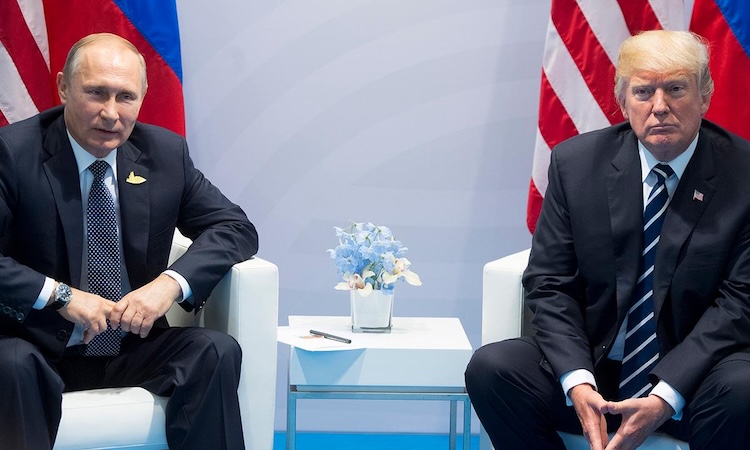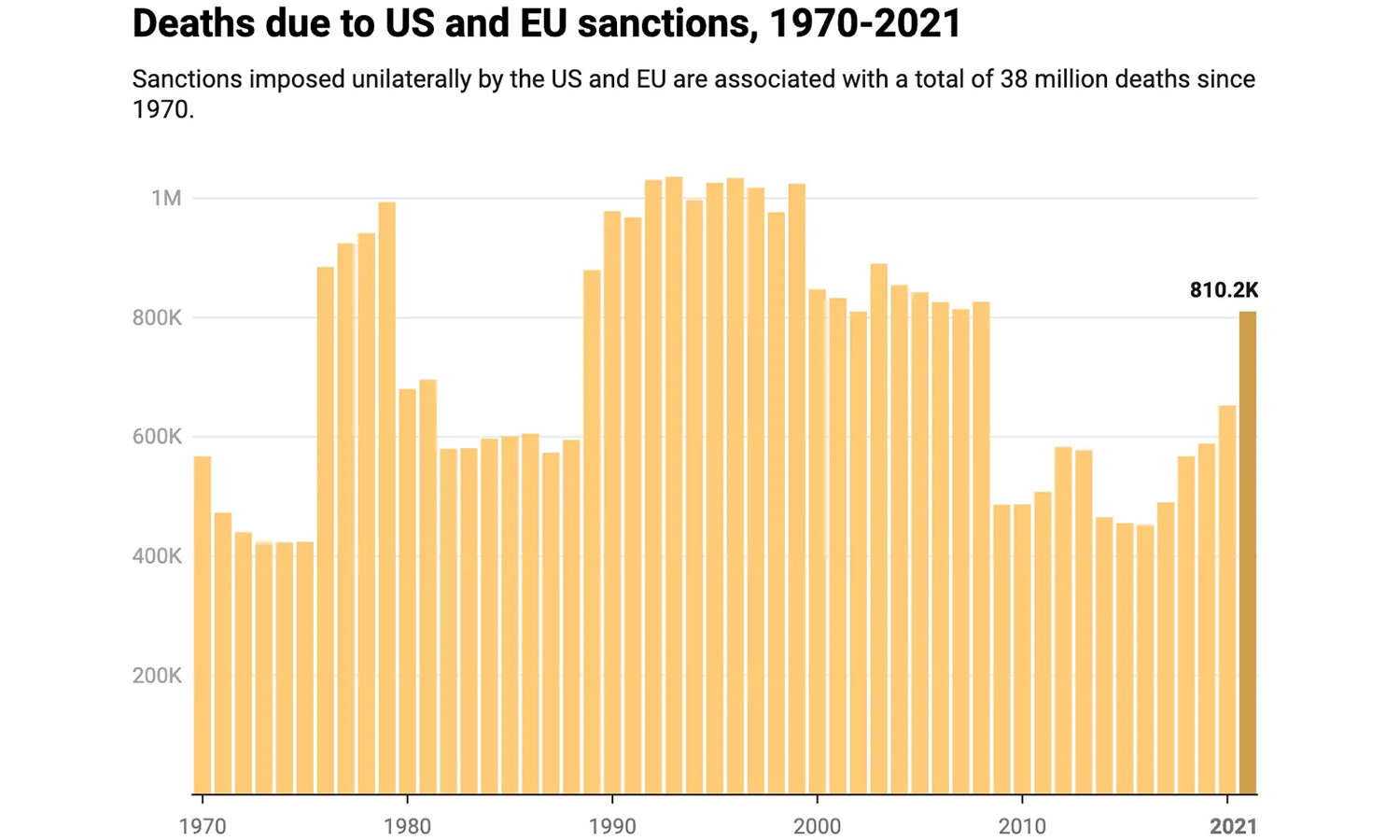This article was sent to us by Slavisha Batko Milacic, a historian and analyst in Montenegro (formerly part of socialist Yugoslavia).
*****
The new law on mobilisation has brought about a split in Ukrainian society. The front needs new fighters, but the Ukrainian economy also needs workers. While on the one hand, the country is now short of 4.5 million employees, on the other there is no one left in the rear who is willing to join the fight on the battlefield.
Territorial recruitment centre employees are thus forcefully sending the population to war. As a result, their round-up squads are coming under increasing attack from the population. There have even been deaths … So what will be the ultimate result of the new mobilisation law?
Mobilisation law passed
On 18 May 2024, a new mobilisation law came into force in Ukraine. All men aged between 18 and 60 were required to verify their details with the territorial recruitment centre (TCC) within two months (ie, by the end of July). Moreover, they must from now on carry military registration documents on their person and be ready to present them to TCC employees or police on demand.
Anyone not supplying this information will be liable for a fine. Those who do not appear at the military registration and enlistment office following a summons, which will be issued both by hand and by mail, face similar penalties. The courts have been given sweeping powers to seize property, freeze bank accounts and confiscate driving licences from non-compliant males.
The new rules have enabled a rapid increase in the pace of recruitment. According to secretary of the Verkhovna Rada committee on national security, defence and intelligence Roman Kostenko, May 2024 saw the highest level of recruitment since early 2023.
But quantity and quality are two very different things. According to some data, the percentage of new conscripts who are willing participants in the hostilities has fallen to just 3-4 percent of incoming reinforcements.
Corruption of mobilisation staff and public antipathy
The tightening of the mobilisation regime has contributed to the further growth of corruption in the TCC. Those wishing to avoid conscription can do so by paying a bribe of between US$10,000 and $20,000. Both military personnel and state officials have been caught taking such bribes.
Despite exposures, this criminal business continues to develop with demand, as does the business of organising illegal border crossings for potential draftees. Ukraine’s remaining men are, in fact, using every possible method to avoid being sent to the front, and many are paying handsomely for the privilege of thus preserving their lives.
The London Guardian wrote recently about this mass exodus of draft dodgers. Its article cited the example of a 31-year-old in Kharkiv “holed up in his flat, rarely stepping outside, to avoid being conscripted into the army”.
The authors noted: “Even before the latest mobilisation drive, more than 20,000 men are believed to have fled the country to avoid service, some of them swimming and drowning in attempting to cross Ukraine’s border into Romania.
“In April, Andriy Demchenko, the head of the Ukrainian state border guard service, reported that at least 30 Ukrainian men had died attempting to cross, though the real number is probably much higher, as some bodies are very unlikely ever to be recovered.” (‘I am not made for war’: the men fleeing Ukraine to evade conscription by Pjotr Sauer, 29 June 2024)
In their quest to chase down reluctant recruits, TCC employees are resorting to all kinds of dirty and illegal tricks, including many recorded incidents of forcible kidnapping in broad daylight. Unsurprisingly, this has led to a sharp increase in social tension, to the point that now the boot is on the other foot and attacks are being carried out by members of the public against TCC employees themselves.
Recorded incidents include cases of TCC recruiters being hit by cars and attacked with axes. At least one TCC employee has been beaten to death. Military and TCC cars have also been set on fire in several cities. (See Ukrainian Television News Service website, tcn.ua)
Ukrainian society has grown to hate the employees of the TCC for their role in forcibly sending men to what is now seen as inevitable death on the front line. To further rub salt into the wound, more than half of TCC employees have never fought themselves, despite being militarily capable. (See Facebook post by Galina Tretyakova, a people’s deputy from the Servant of the People faction, 22 March 2024)
Economic effects and deepening class divisions
A further split in Ukrainian society can be expected if the proposed ‘economic reservation’ plan is adopted, which provides the basis for a buyout from military service on grounds of pursuing a reserved occupation (ie, involving a special skill that is hard to replace).
This will inevitably create further opportunities for the well-off to avoid the draft and deepen the class strife already plaguing Ukrainian society, where poor working-class men are being forced to sacrifice themselves at the front while the rich stay at home and insist on continuing a war that serves nobody but the Nato imperialists and their heavily bribed Ukrainian stooges.
Sending so many working-age citizens to the front is creating significant threats for the Ukrainian economy, which is now faced with a serious labour shortage. In an interview with the Financial Times, Mauro Longobardo, executive director of the largest Ukrainian steel production plant ArcelorMittal, complained to reporters that the future operation of the enterprise is in question. Of the 18,000 plant workers, 3,500 have already been mobilised and more are expected to be called up.
Since male applicants for jobs at the factory have to register with the military recruitment office, and since existing employees are regularly targeted either on the shop floor or at the factory gates, there are very few men applying for vacancies any longer. The FT article tries to put a positive gloss on the fact that all applications for jobs at the factory now come from women, but the lack of a skilled workforce is forcing cuts in production of this crucial commodity, with inevitable knock-on effects both for Ukraine’s war effort and for its dwindling tax revenues. (Ukrainian women wanted in factories as men drafted into army by Isobel Koshiw, 19 May 2024)
At the start of 2024, the working-age population in the country had declined by 40 percent as compared with 2021, and the Ukrainian economy today is thought to be short of around 4.5 million workers.
The National Bank of Ukraine has underlined that the shortage of workers in areas of traditional male employment are directly attributable to emigration by those evading conscription.
Even arms manufacturers, which have the legal right to reserve up to 100 percent of their personnel, say that TCC representatives are mobilising scarce specialists before their exemptions can be secured. While the workers in question apply for their data updated to specify their exemption as essential personnel, the TCC simply abducts them without waiting for the lengthy process to be completed. (Defence enterprises are mobilising scarce specialists, Ukrainian Mirror of the Week, 8 June 2024)
According to a study commissioned by the American Chamber of Commerce, 81 percent of companies in Ukraine are feeling an adverse impact on their operations. More than 80 percent of managers identify employee reservations as a key problem.
The trucking industry, heavily dominated by male workers, was one of those that immediately felt the effects of the new mobilisation law, especially as border guards were given the right to check the military registration documents of truck drivers crossing out of the country.
Since most drivers don’t have military service exemptions, large numbers have simply abandoned their jobs, afraid to be caught in a mobilisation net whose exact criteria or operating procedures are unclear to them. According to the Ukrainian Telegraf newspaper, the usual queues at various border crossing points simply “dissolved” on 20 May, after the new law had come into effect, with rumours rife amongst drivers regarding what the regime may have planned for them.
“There have been more frequent cases when drivers who managed to go abroad simply leave their cars in parking lots, send geolocation to the management and thus ‘get fired’. ‘Now members of our association report several such cases a day. Runaway drivers are confident that they will be able to find work in Europe and earn more than in Ukraine,’ says Volodymyr Balenko, head of the Association of International Carriers.”
As a result, some 40 percent of Ukraine’s vehicle fleet is presently standing idle and truckers have held protests. The Telegraf continues:
“Carriers fear that if the situation with [registering drivers for military exemption] and border crossing is not resolved in the near future, car logistics may ‘virtually come to a standstill’.
“And these are big problems for export and import. According to Pro-Consulting, the share of road transport in the logistics market is 39 percent. But in some segments, trucks provide up to 60-70 percent of deliveries. This includes, in particular, food, medicines and consumer goods. The ‘slowing down’ of road haulage is likely to affect them first …
“Balenko says that Polish and Romanian transporters are already beginning, and in the event of a ‘stop’ of Ukrainian transporters, they are ready to enter our market with their drivers and intercept orders.
“Unhindered access to the Ukrainian transportation market was what Polish transporters dreamed of at one time. This was one of the demands during their blockade of the Ukrainian-Polish border. So now their dream may unexpectedly come true. Polish drivers may be especially pleased, because they will receive a considerable allowance for risks.” (Queues at the borders disappeared. What happened and what does the law on mobilization have to do with it? by Ludmilla Ksionz, 22 May 2024)
Ukraine’s demographic nightmare can only get worse
Today there is no accurate assessment of the demographic consequences of sending men of active economic and reproductive age to war. The country is losing its men not only from battlefield deaths and injuries, whose true number remains uncounted but could be as many as one million and twice as many wounded, but also from emigration.
And return for those who flee looks unlikely while the war continues and the present stooge regime remains in place, since Ukraine today is offering its men a choice between mobilisation and persecution accompanied by deep economic and social crises.
Kiev’s policy of forcibly recruiting every able-bodied man into the ranks of the army can only hasten the downward spiral in which Ukrainian society in caught, even to the point of civil war.
Did Ukraine’s stooge actor-president Volodymyr Zelensky give a thought to any of this when he signed the new law on mobilisation?
The social, economic and political crisis into which Ukraine is now plunging ever more deeply is the result of having allowed a once-proud socialist state to be transformed into a mere colony of US imperialism, plundered for its wealth and used as a tool with which to beat its former fraternal neighbour Russia. Now at last the people of that land are finding out what lay behind the honeyed phrases of western politicians, and how much value the US and European imperialists really have for Ukrainian life and prosperity.
















